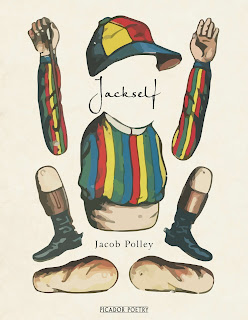Jason Bourne is a disappointing post script to the Bourne Trilogy - we won't even mention the Bourne Legacy - because this film - Jason Bourne - is far superior in so many ways. However it still fails to meet the quality of the original trilogy.
There was nothing new. Repetition of ideas began to creep in to the trilogy - but only once or twice. Watching Jason Bourne was revisiting the shadows or ghosts of the original scripts and episodes. There was nothing to raise the film above the other three. Car chases, one to one fight scenes, unrelenting action that rises with tension, falls and rises again to an even more extreme pitch were all done far better in the original.
Jason Bourne is too crowded. There are epic crowd scenes especially in Athens. How did they do that? But in the end it contributed nothing positive.It left me feeling confused and dazed without the satisfaction of serious plot developments.
Jason Bourne is too fast. There's not enough time to develop character. Perhaps I'm just out of date. But showing is better than telling especially in film. And I need more than one establishing shot. I think, plot and character need to be established again and again from a variety of different perspectives.
Because the action is so fast - we move all over the place - I began to loose faith in the physicality of the action.
Plot. There were aspects of the plot that almost worked. I can believe that Nicky Parsons has grown a conscience and is now challenging the work of the security forces. I thought the narrative concerning social media and Wikileaks was also good ground to establish a plot line. But again these need to be simple and need time to develop carefully.
Perhaps the trilogy allowed character and plot to develop over a three film arc. Now established Greengrass and Damon must have thought all they needed to develop was plot. But this was patchy and didn't really convince me of its fundamental value.
OK! I can accept a revenge plot in which an asset exposed by Bourne wants him dead. But this is given a too lighter touch. David Webb's father Richard Webb didn't really take off at all. I want to write that it doesn't take much to establish these features - a few seconds here, a slow meditative shot there, but I'm aware I'm probably writing about a multi-million dollar enterprise in which those kinds of shots are just too expensive.






